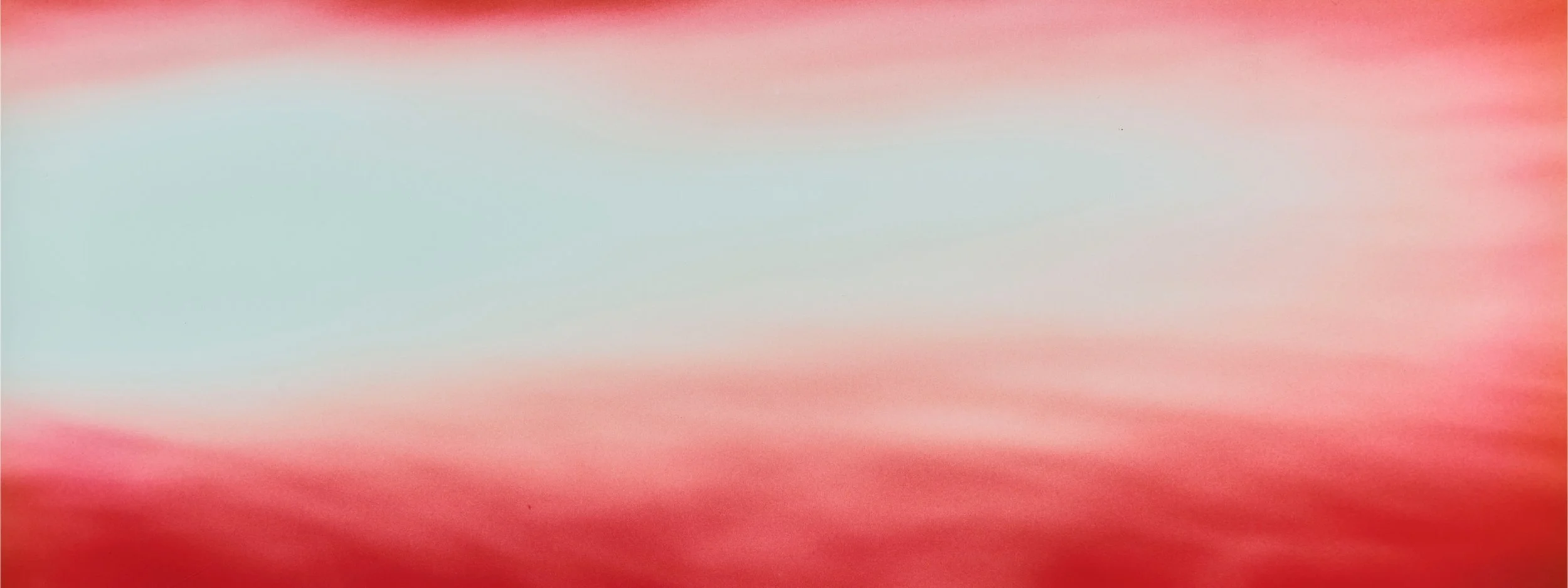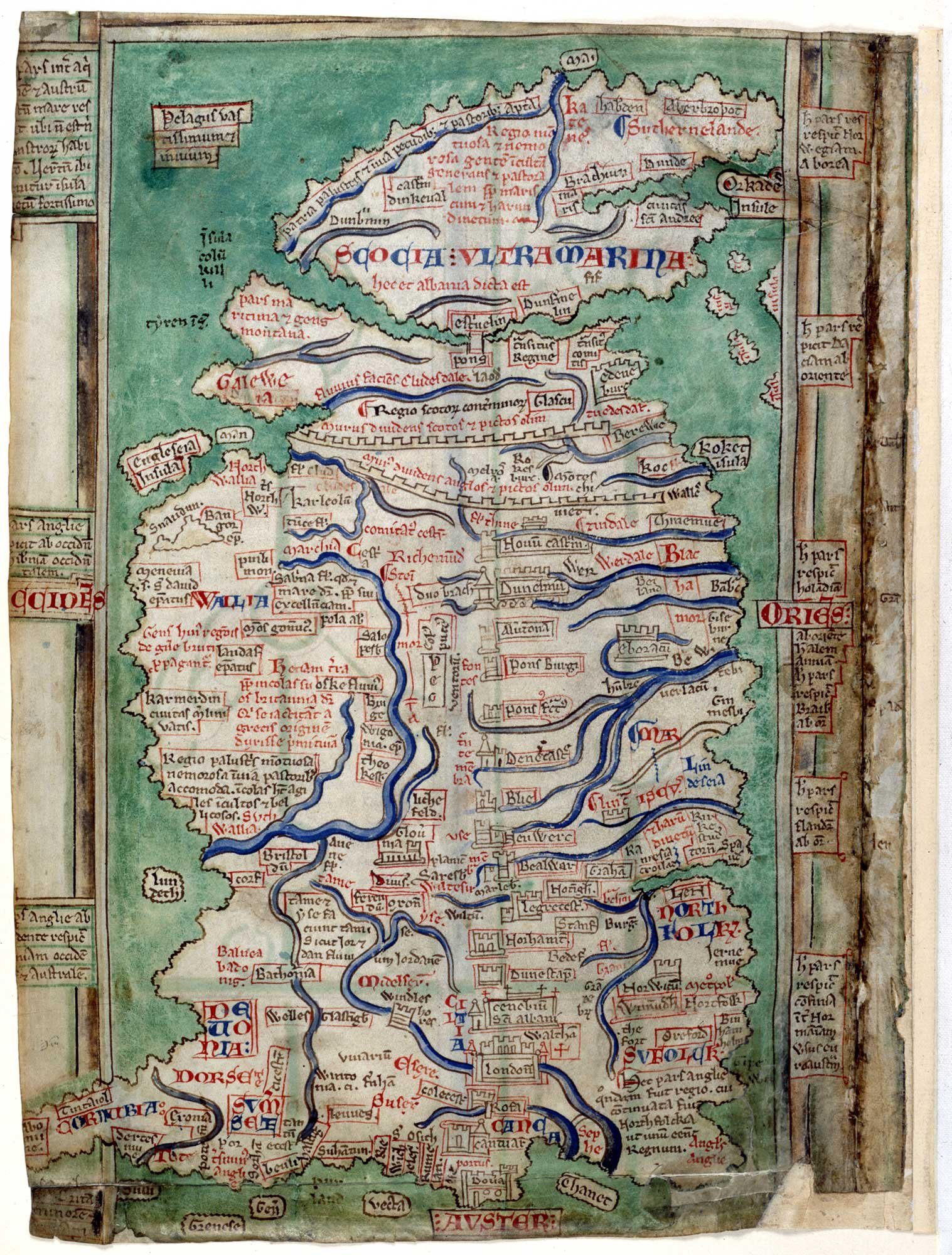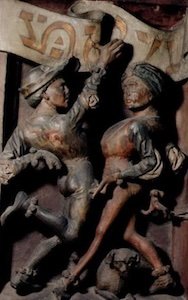ICMA in LA
Study day for The Book of Marvels: Wonder and Fear in the Middle Ages and Albrecht Dürer: Wanderlust
The Getty and The Huntington
Monday 10 June 2024, 11am PT
Register HERE
ICMA members are invited to a study day taking place at both The Getty and The Huntington on Monday 10 June 2024. Attendees will receive a special preview of The Getty's upcoming exhibition The Book of Marvels: Wonder and Fear in the Middle Agesbefore it opens to the public. Lunch will be provided at The Getty before the group moves to the The Huntington to view the exhibition Albrecht Dürer: Wanderlust.
Attendees are responsible for their own transportation to each venue, but ICMA will help organize a carpool if needed.
ABOUT THE EXHIBITIONS
The Book of Marvels: Wonder and Fear in the Middle Ages
Told from the perspective of a medieval armchair traveler in fifteenth-century northern France, the Book of the Marvels of the Worldweaves together tales of global locations that are portrayed as bizarre, captivating, and sometimes dangerously different. This exhibition pairs the Getty’s newly-acquired illuminated copy of the text with its twin from the collections of the Morgan Library & Museum in New York. Additional objects in the exhibition highlight how the overlapping sensations of wonder and fear helped create Western stereotypes of the “other” that continue to influence society today.
Albrecht Dürer: Wanderlust
German Renaissance artist Albrecht Dürer's journeys to Italy and the Low Countries were crucial to his education and informed his art. The exhibition showcases Dürer’s art and legacy through prints, books, and paintings drawn from The Huntington’s collections. The presentation focuses on works created during and following his travels, illuminating the cultural network of artists and how they supported, competed with, and learned from each other, ultimately transforming European art.
Register HERE











